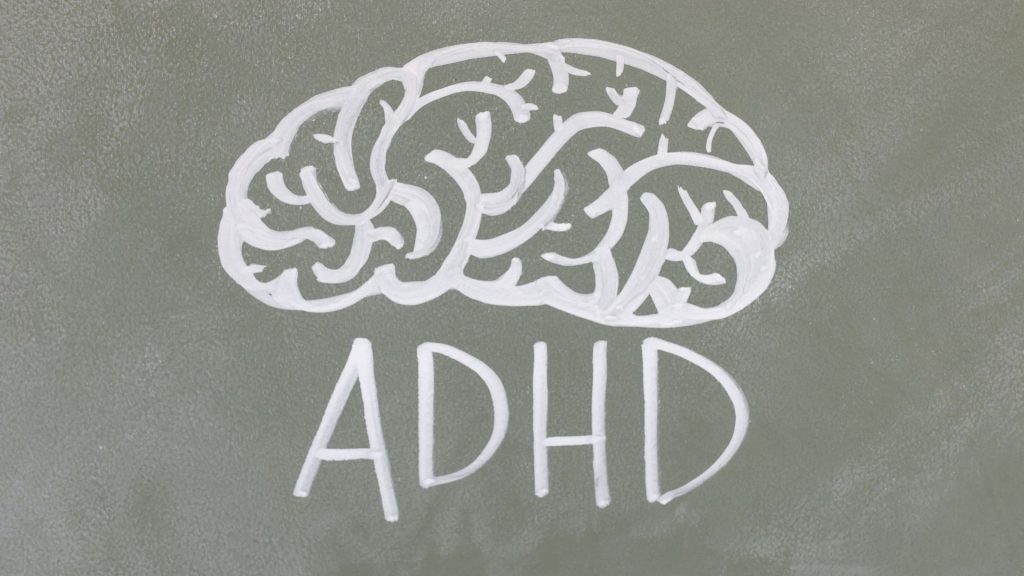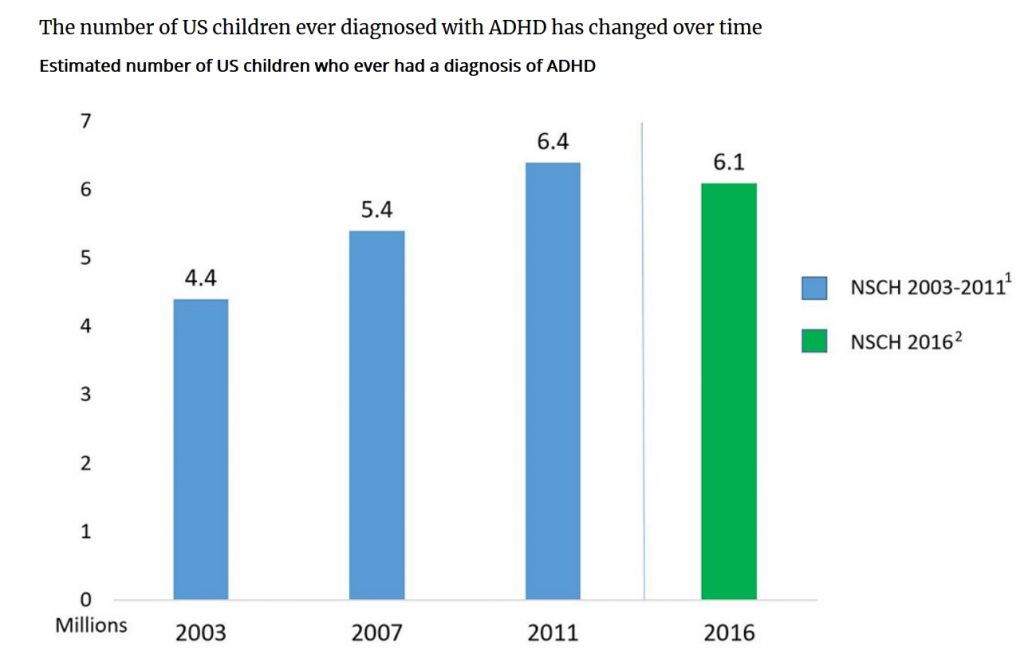The Best ADHD/Autism Test Costs A Fortune, Is It Worth It?
School aged children suffer the most as rising health care costs make ADHD tests for most households too costly.

“This is a rich man’s game.” Those words pretty much summed up what many parents across the country have surmised when trying to get the necessary help for their school-aged children. To get that help first though, parents must find ways to get their children evaluated, and a simple ADHD test or an autism or dyslexia evaluation can end up being a pricey undertaking.
Just ask Ann Civitareale about the financial outlay she has had to endure over the past decade or so. Her two boys, 12 and 14 years old, have struggled mightily with numerous disabilities that include developmental and speech delays. They have also had challenges learning to read. She decided to take the independent evaluation route with her boys as she felt the public schools couldn’t help.
Because of this, Civitareale estimates that she has spent close to $20,000 on her boys’ independent ADHD testing among four other evaluations. Her insurance covered the base cost of $5,000 for each evaluation. What it didn’t cover was the additional $2,500, which became her out-of-pocket expense. Included in her out-of-pocket were “extras” such as professional observation of her boys in class and expert testimony, if needed, at school meetings. One expert evaluation, Civitareale explained, for dyslexia, cost her family an additional $5,000 because their insurance wouldn’t cover all the costs associated with ADHD tests.

The mother of two isn’t the only one who is dealing with costly ADHD tests and other independent evaluations. But these evaluations have become important in diagnosing and treating disabilities from ADHD to autism to dyslexia. Depending on what type of evaluation is necessary, they can take as long as two days with their testing, observations, and interviews with a number of doctors and experts.
ADHD tests have shown that an estimated 9% of children have attention deficit hyperactivity disorder. It is also estimated that anywhere from 5% to 15% of our country’s population is affected by dyslexia. Costs, though, to properly diagnose these disabilities put many of these observations out of reach for many families, especially those who live in rural areas or are low-income households.

Many families have to rely on the public school system to help diagnose their children. But, according to Nadine Gaab, associate professor at the Harvard Graduate School of Education, the system is broken. Struggling students and their families are finding it more difficult to get relief or find answers to their issues. “Why are we not making assessments in the schools better and more comprehensive?” In regard to reading, Gaab’s expertise, she says via Yahoo, “We need to move from a reactive model to a proactive model, where we are trying to find the people who will most likely develop problems and help them before they struggle so much.”
School districts provide what they can. But for these districts, funds for professionals who can help make these determinations are limited at best. One specific test that can help diagnose ADHD among other disabilities is called a neuropsychological test. Keeping a neuropsychologist on staff in public schools is rare though. “I don’t think they have the funding,” says Katherine Gamble, president of the Massachusetts Neuropsychological Society. She also says that Neuropsychologists “aren’t needed all the time, and there’s this question: ‘Why would we spend this money on someone who doesn’t need to see all of our kids?’”
So, that is the conundrum parents face with children who may have one, or a combination, of these disabilities. Many schools simply don’t have the funds to help, and what little help they get, it typically is never enough. They instead have to dig deep in their pockets for a simple ADHD test or they find a deluxe insurance plan to save costs on these evaluations. But as Civitareale and her husband found out, the hard way, unfortunately, this deluxe insurance is also very pricey. They pay $1,800 a month for the family and have been doing so for quite a few years.
Other families find themselves in deeper waters if they are unable to take on a deluxe insurance health policy. One parent stated she had to take to family contributions to make it work. She leaned on relatives who used their retirement savings to help fund the $4,200 independent evaluation her daughter needed for dyslexia and other disabilities.

Families can turn to federal law for help. If a family can show proof that an independent evaluation, such as an ADHD test, is necessary, then by law school districts have to pay for it. But Rhode Island-based attorney Ellen Saidman wrote, “That’s a battle school districts do often win because the parent has to show that the evaluation was flawed.”
The state of Massachusetts requires school districts to pay for ADHD tests and any other independent evaluation for low-income families regardless. But the rate they pay is always well below what most professionals charge for their services. Many families don’t even know they have this option.
Cassandra Archie is the founder and CEO of Advocates for Educational Equity & Excellence and says, “It’s asking parents to know a lot. They don’t have the time; they don’t have the experience in this space; they don’t have the language. It is intimidating.”
Even if parents understand the law and know what they can get based on it, they still find roadblock after roadblock. Years-long waiting lists greet most families for those professionals who are willing to take less than what state reimbursement allows. For instance, in Massachusetts, a neuro-psych test typically costs at least $5,000. The state, though, only reimburses less than $3,000.

Then there are those school districts who make it their mission to make life difficult to get an ADHD test. Two Massachusetts parents claim their children’s school district gave them a list of “approved” independent evaluators. The list included psychologists who weren’t even licensed to practice in the state. Some districts require psychologists to jump through so many hoops, many think it’s the district’s way of slowing down the process.
Ultimately it comes down to funding. An ADHD test is not cheap. Either is the other learning disability tests. School districts simply do not have the required funds to help support these families and their children. Until this changes, more children will slip through the cracks. More families will have to mortgage their future. But for moms such as Ann Civitareale, she only wants what’s best for her boys. “I want them to have the best possible start in life.” She just never expected an ADHD test or other evaluations to be such expensive propositions.



